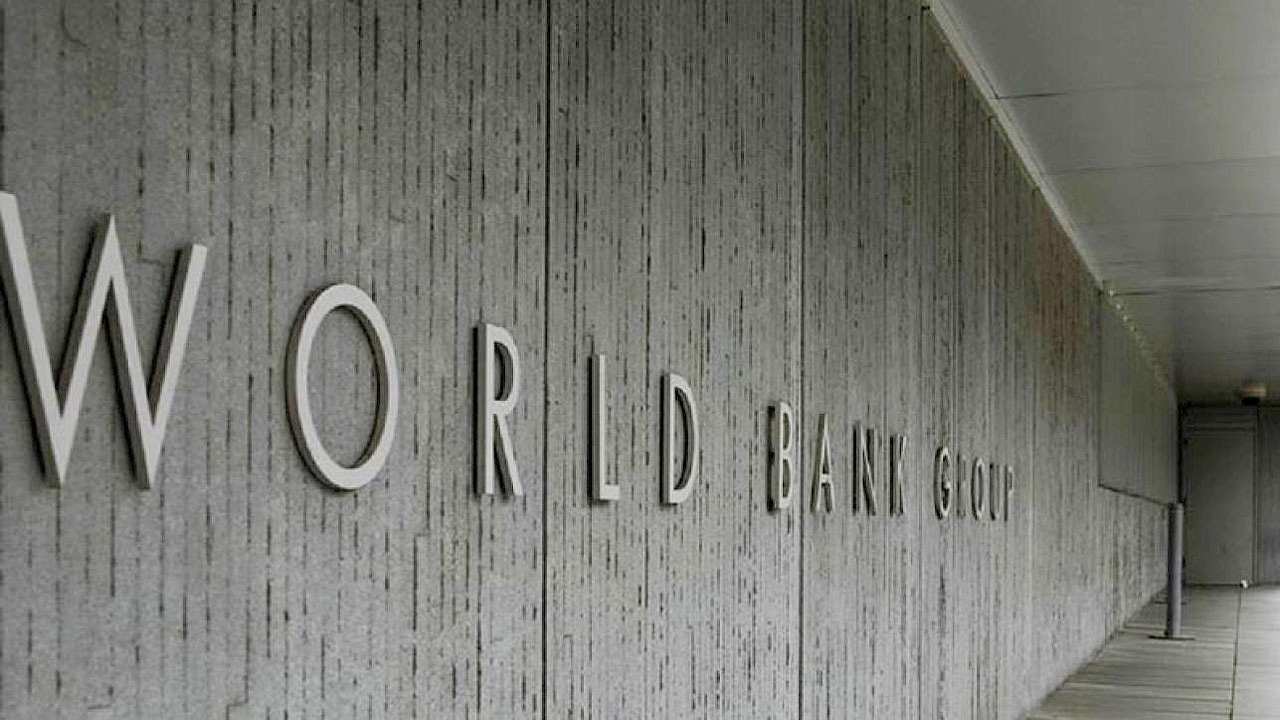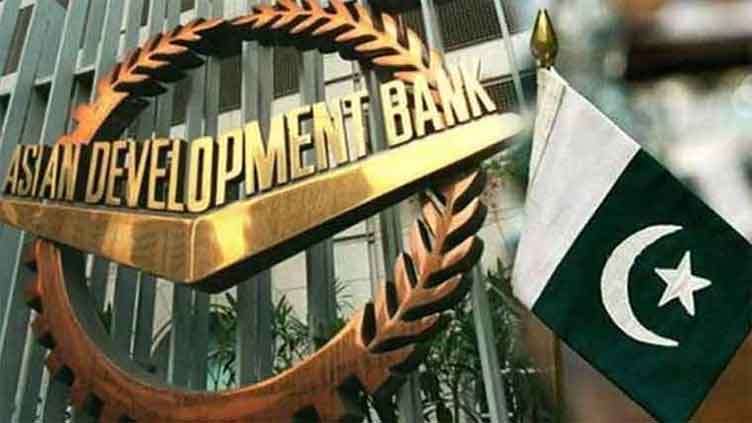

The Philippines is actively seeking a $1 billion loan from the World Bank aimed at enhancing agrifood productivity and resilience against climate change. This initiative, known as the Philippine Sustainable Agriculture Transformation program, is designed to improve agriculture and fisheries development through climate-responsive strategies and supportive policies [8d9023ad].
The total cost of the project is estimated at $12.90 billion, covering the period from 2025 to 2029, with the Philippine government contributing approximately P11.90 billion. The Department of Agriculture plans to initiate procurement processes by July 2025, marking a significant step towards bolstering the country's agricultural sector [8d9023ad].
Climate change poses a severe threat to agricultural productivity in the Philippines, with projections indicating a potential reduction of 9% to 21% by 2050, which could cost the economy an estimated P26 billion annually. Recent natural disasters, including tropical cyclones, have already inflicted substantial damage, with losses amounting to P9.81 billion across 183,877 hectares of farmland [8d9023ad].
The focus of the project will be on rice-based cropping systems, impacting approximately 1.9 million hectares and benefiting around 3 million farmers, which represents 37% of the agricultural workforce in the country. This comprehensive approach aims to mitigate the adverse effects of climate change while enhancing food security and economic stability in the Philippines [8d9023ad].
This proposed loan from the World Bank aligns with global efforts to address climate resilience in agriculture, echoing similar initiatives in other countries, such as Pakistan's recent $500 million loan from the Asian Development Bank aimed at strengthening its climate resilience [a6274e2a]. As nations grapple with the realities of climate change, these financial interventions are crucial in promoting sustainable agricultural practices and ensuring food security for vulnerable populations.